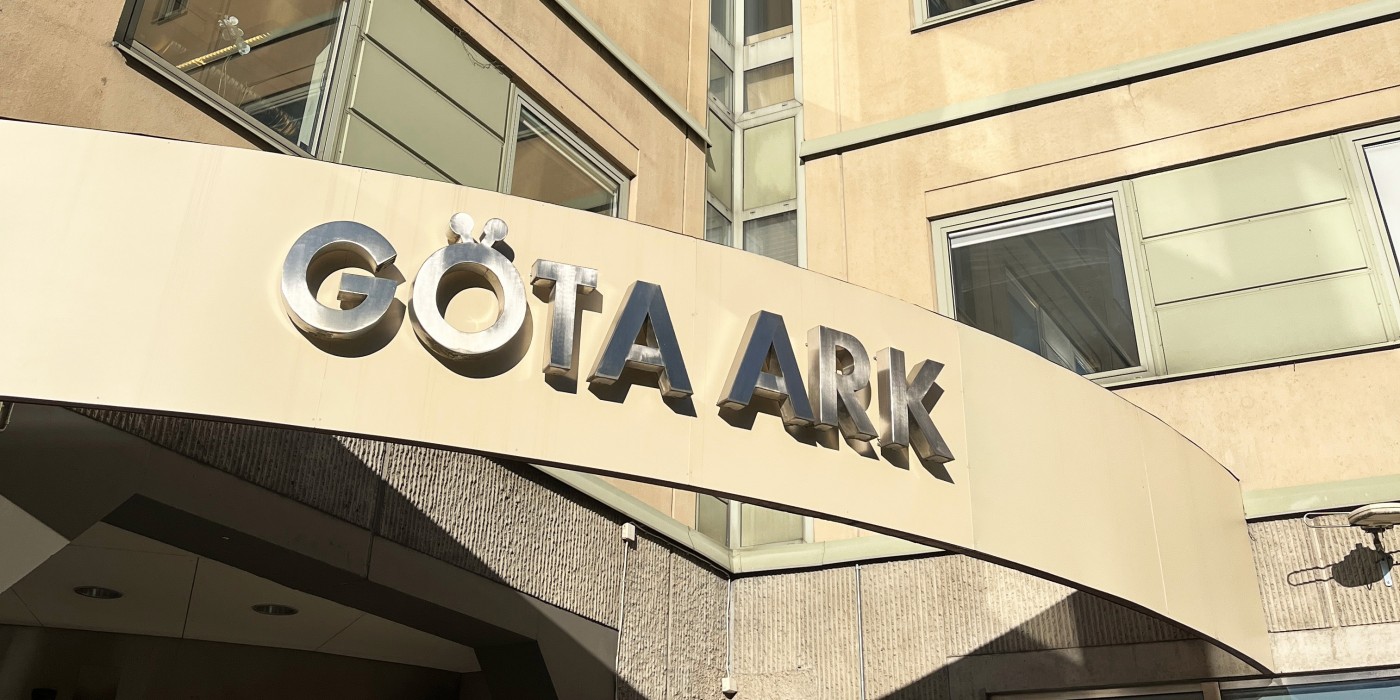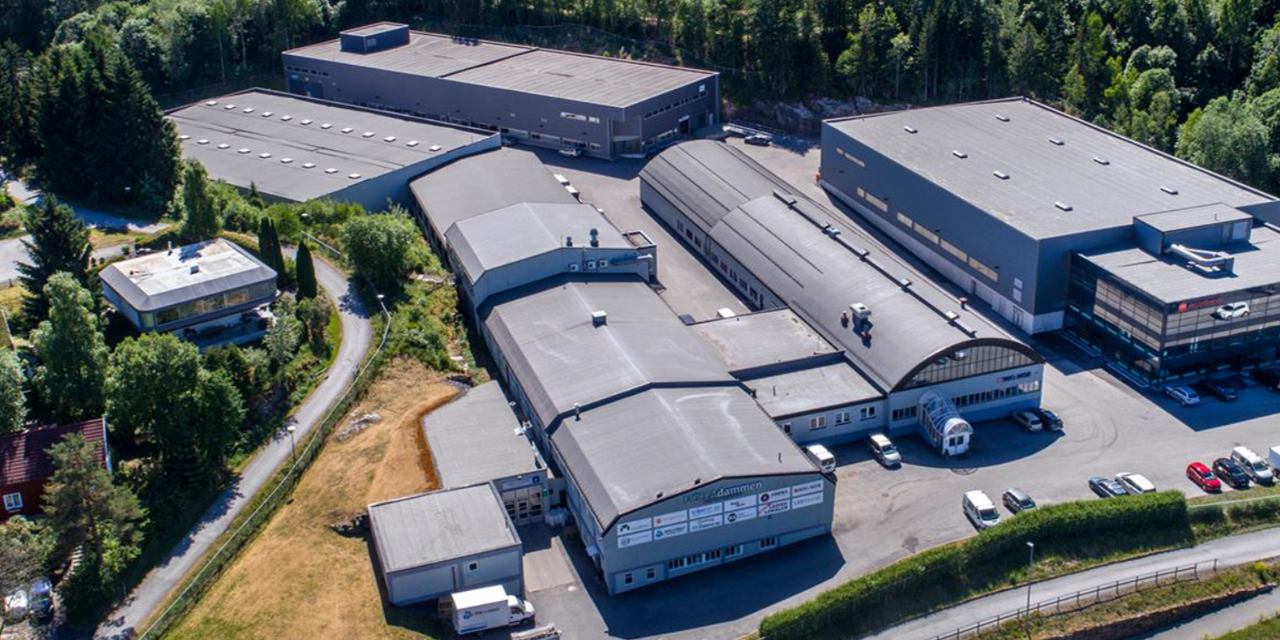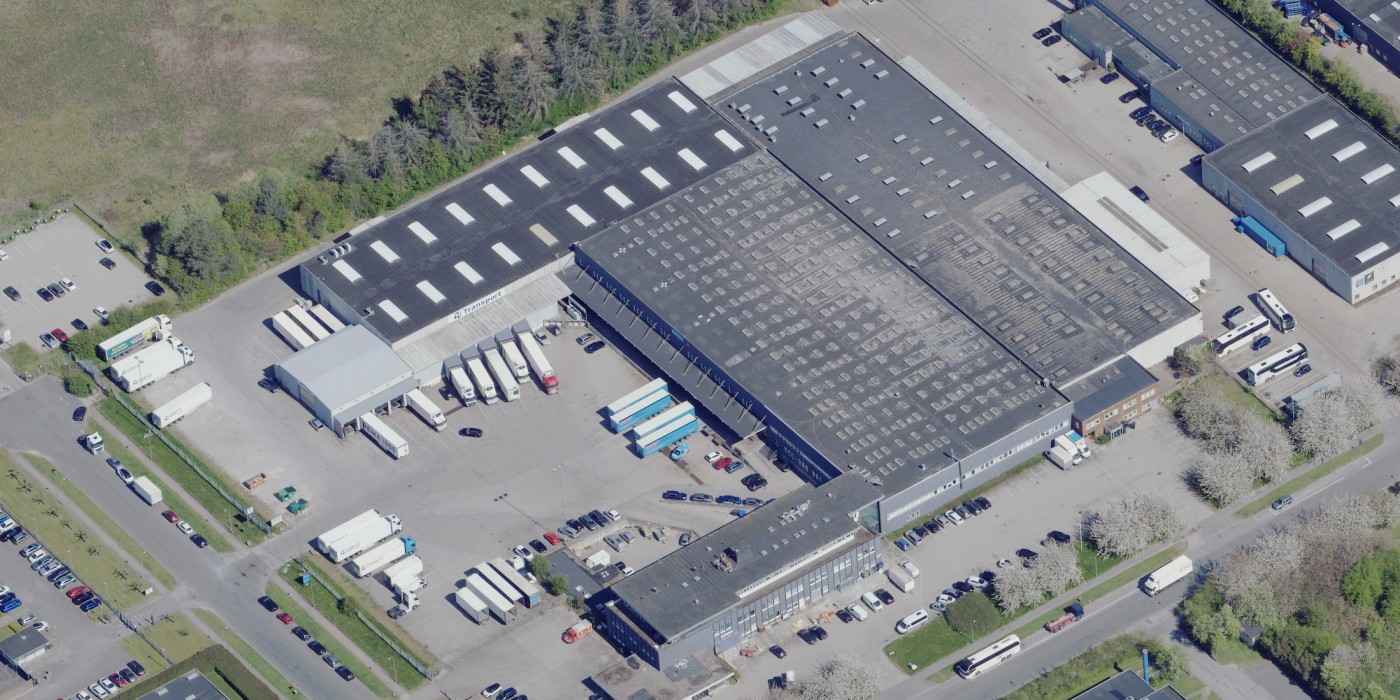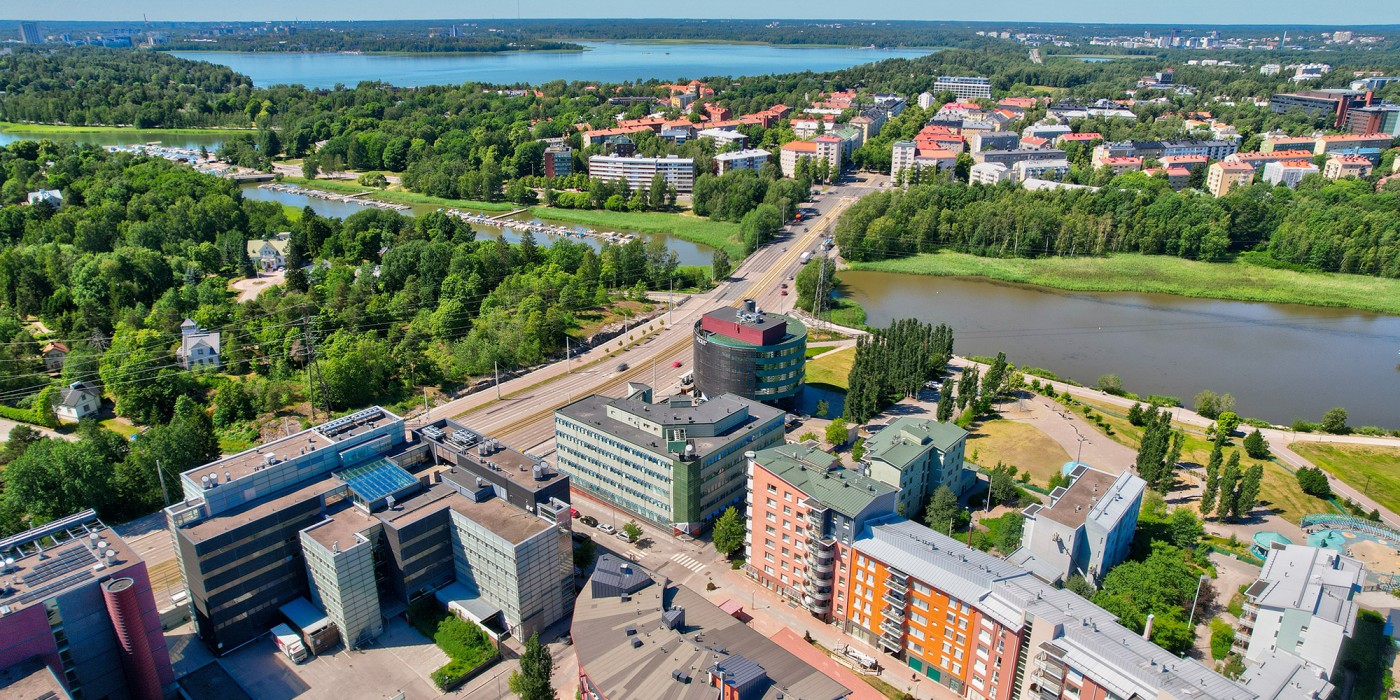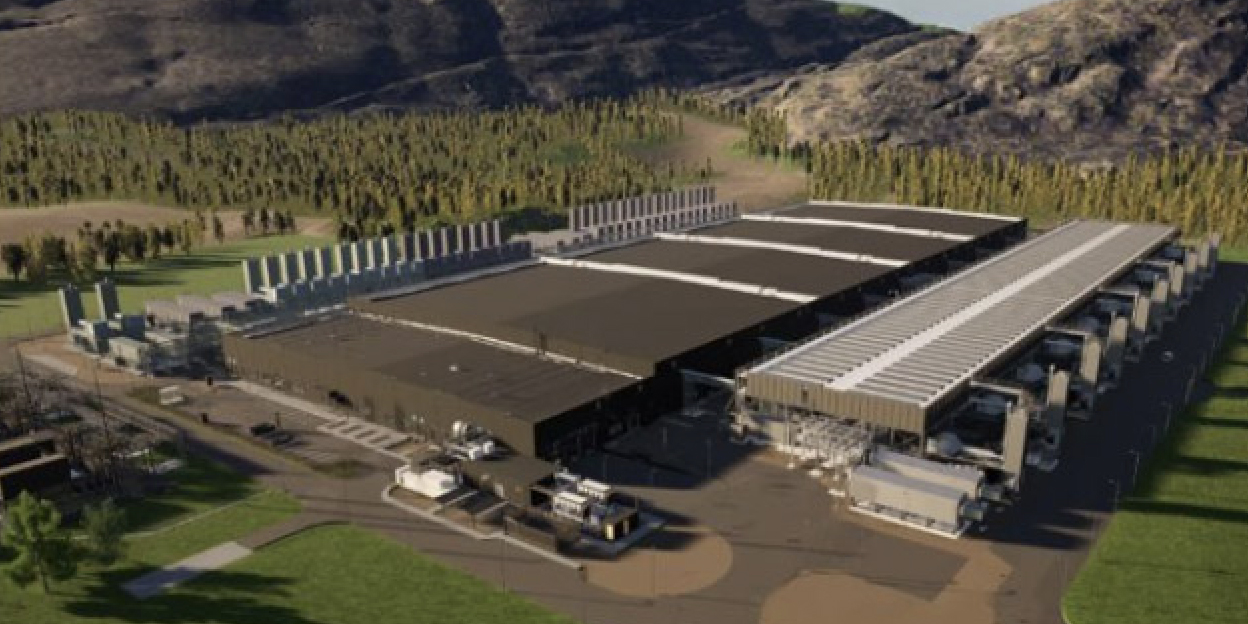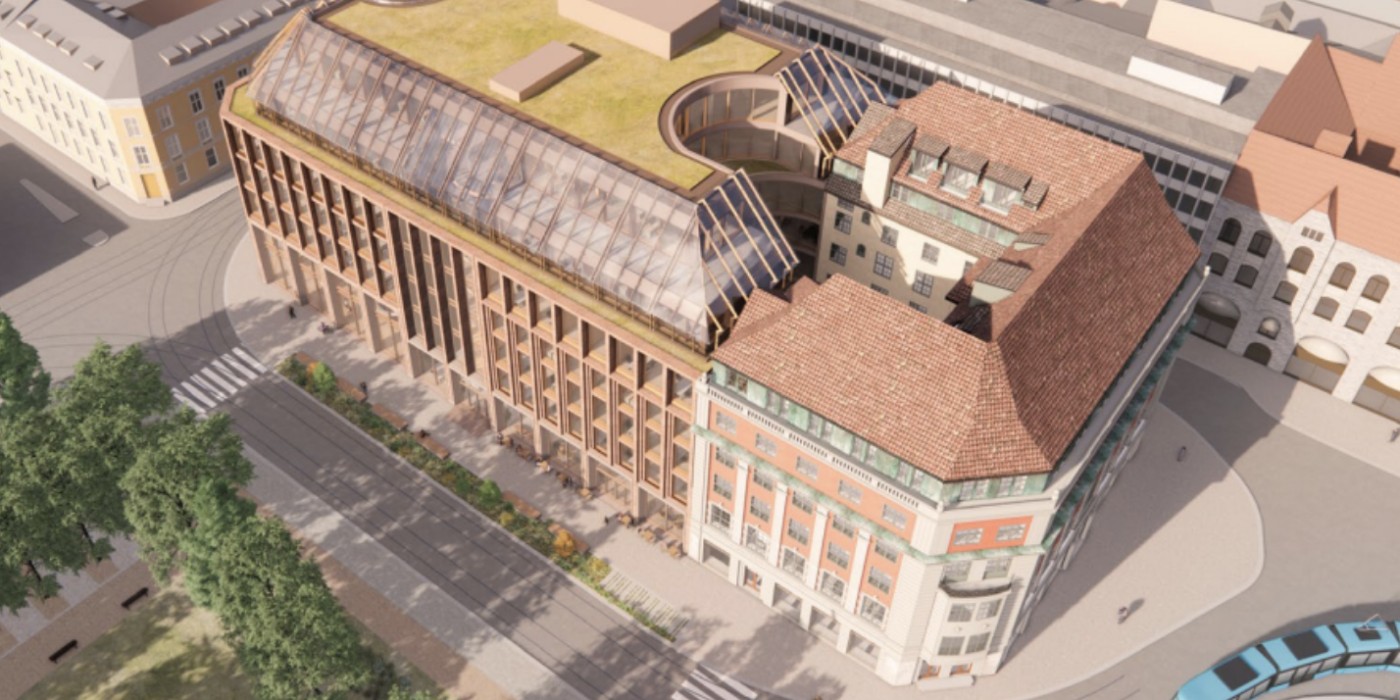Thereby parallels are drawn to the sudden decrease in oil prices during 1986 that internationally lead to a period of low inflation, low rents and increased economical growth.
The result was a great stimulation of the international real estate market, which is driven by a stronger rental market and increased access to credits. But the recovery ended in a bubble when the economy and real estate markets crashed in the early 90s.
Such a scenario is rather far away now according to CBRE, considering the many weak economies in the world economy. CBRE does however write that significant fluctuations in the oil prices will change the rules on the market, there is a “game changer”.
According to CBRE there are already signs of the credit access is rising and the real estate prices are being stimulated through input of capital from the Far East. The low rents are also extremely low, in Norway close to historically low levels. All of this stimulates the real estate market.
While the export nation Norway worries about too low oil prices, decreasing investments and increased unemployment, the decreasing oil prices are generally good news for the Western world’s economies. The global growth can according to IMF, rise up to 0,7 percent in 2015 and 0,6 percent in 2016. With a delay of 18 months CBRE expects to see higher rents than earlier prognosis, especially within retail.
CBRE means that it is too early to make conclusions of a new era regarding oil prices. But in the last six months the increase in oil inventories has been stronger than in the mid 80s. During the first quarter of 1986 the oil prices decreased after a significant increase in the oil inventory.
Decreased Oil Prices Can Lead to Real Estate Bubble
 Norway —
The significant decrease in oil prices can internationally create a bubble on the real estate market. This according to CBRE that just came out with a new report on the effects of the decreasing oil prices.<br />
Norway —
The significant decrease in oil prices can internationally create a bubble on the real estate market. This according to CBRE that just came out with a new report on the effects of the decreasing oil prices.<br />
2015-12-11


 All Nordics
All Nordics
 Sweden
Sweden
 Denmark
Denmark
 Finland
Finland



